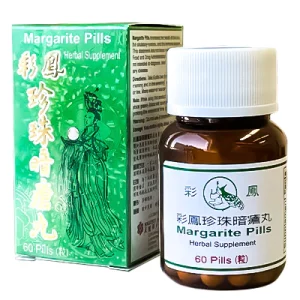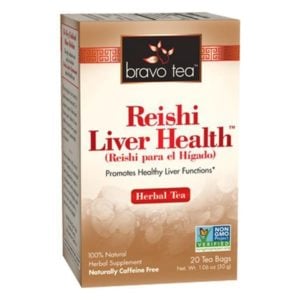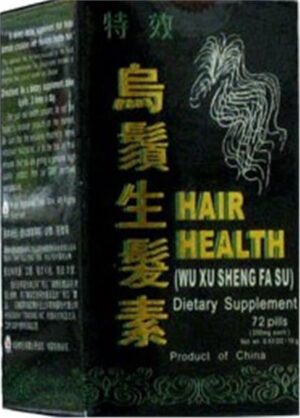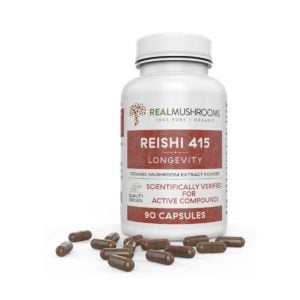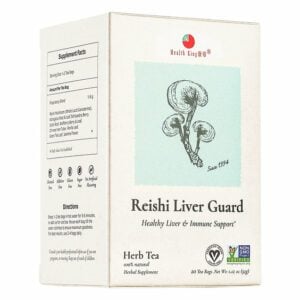Your cart is currently empty!
Ling Zhi
English Name: ganoderma, reishi mushroom
Literal Translation: “spiritual mushroom”
Pharmaceutical Name: Ganoderma
Medica Category: Shen Calming Herbs
Properties: Ling Zhi enters the Heart, Liver, and Lung channels; it is sweet in nature and neutral in temperature.
What is Ling Zhi?:
The Chinese Herb Ling Zhi is dried Ganoderma (aka reishi mushroom—Ganoderma lucidum (Leyss. Ex. Fr.) Karst.; Ganoderma japonicum (Fr.) Llyod.), a type of fugus that grows wild at the base of maple trees (or their stumps). Wild Ganoderma, most often red to reddish-brown in color, is quite rare, and in modern times is cultivated on decaying logs, sawdust piles, and woodchip piles for commercial use. Ling Zhi (and many other medicinal mushrooms) contain some chemical constituents that are water-soluble, and others that dissolve only in alcohol; thus, double extraction process is used when decocting Ling Zhi and using it as medicine.
Ling Zhi, literally “spiritual mushroom”, has a long tradition in TCM (going back at least 2000 years) of being used to revitalize the spirit and regulate qi in the body. In modern times, its popular uses have grown to an almost bewildering extent (e.g. immune support, as an antibiotic, as a heart-heath support supplement etc…) for which there are varying levels of medical verification. Its uses in TCM are discussed below.
Traditional Chinese Medicine (TCM) Therapeutic Actions of Ling Zhi:
Ling Zhi calms restless shen and nourishes the Heart by strengthening deficiencies of qi and blood in the Heart and Spleen that present clinically as insomnia, forgetfulness, fatigue, depressed mood, and poor appetite.
Ling Zhi dispels phlegm to stop cough and wheezing with accelerated breath and difficulty sleeping.
Ling Zhi tonifies qi and blood and has long been used in China as a tonic to strengthen the body and spirit; specific clinical indications related to qi and blood deficiencies that it addresses are: weak digestion, poor appetite, fatigue/listlessness, dizziness, sore lower back, and loose stools.
Products Containing Tag: Ling Zhi – Reishi Mushroom – Ganoderma
-
Reishi Liver Health Tea – by Bravo Tea
Add to CartStarting at $6.99
-
Wu Xu Sheng Fa Su Healthy Hair Supplement
Add to CartStarting at $6.99
-
Reishi Mushroom Capsules by Real Mushrooms
Add to Cart$39.95
-
Reishi Liver Guard Herb Tea – by Health King
Add to CartStarting at $6.99

